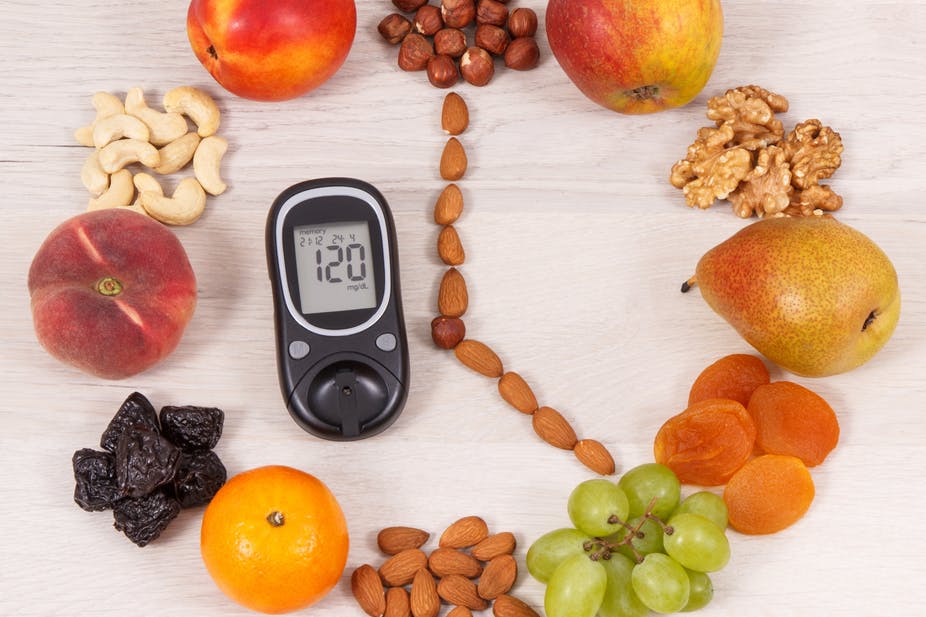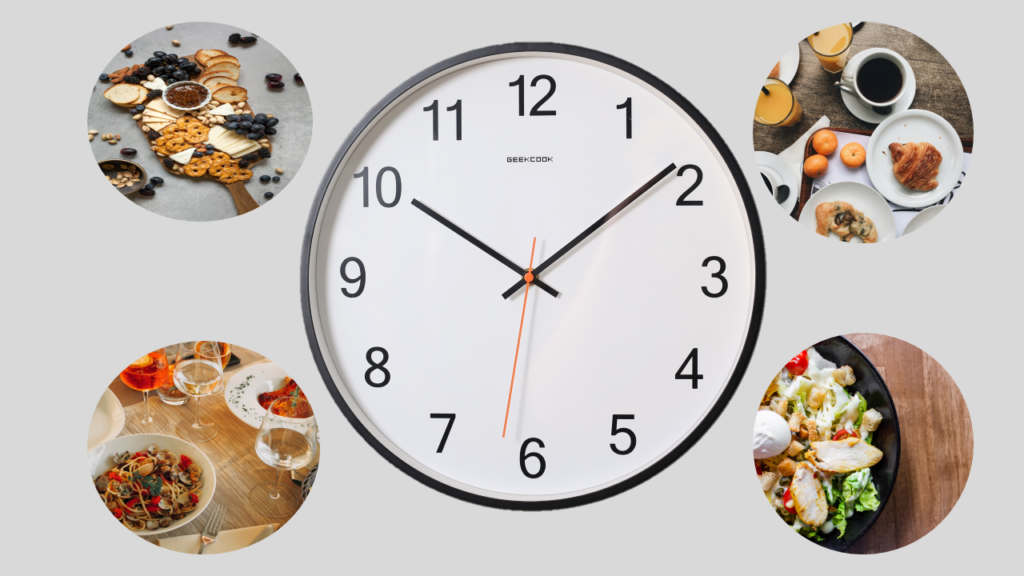Not just what you eat, but also when you eat and how you plan your meals during the day matters when it comes to management and control of Type 2 Diabetes. If you eat too little and keep long gaps between your meals, it can lower your sugar levels. On the other hand, if you consume more than what your body needs all at once, your blood sugar levels may rise, which again harms your body in various ways.

That is why it is essential to create a well-scheduled meal plan for your day-to-day diet if you have Type 2 Diabetes to control your blood sugar levels. So, to answer why it is vital to manage your meal timings when you have Type 2 Diabetes, here is what you need to know.
If you are suffering from diabetes, you may have already noticed that you start feeling dizzy when your sugar levels lower if you don’t eat anything for too long. Whereas if you just consume one big meal throughout the day at odd hours, that can cause a hike in your sugar levels, but you may feel low on energy for the rest of the day.
When you consume a meal, it takes around one and a half hours to cause a change in your blood sugar levels. This may vary from person to person. So, it is imperative to maintain a proper meal schedule for regular intervals so that you feel energized throughout the day and your blood sugar levels remain consistent. Also, if you have insulin injection as your treatment for diabetes, then it may make the utilisation of sugar in your blood quicker. So, that should be kept in mind as well.
Meal Timings are Important for Type 2 Diabetics

If you consume meals at scheduled hours, this trains your body to regulate its internal clock. For instance, whenever you consume food, it is converted into energy received by all the cells in your body to function. Along with that, there is cell turnover, where the old cells are replaced with new ones that are better and stronger. If you consume food at regular hours, your cells will know when they will be replaced, but if you don’t eat on time, this may cause the dying cells to over function, which can be harmful to your body and its functionality. This is called the circadian clock.
Every function in our body is dependent on cell turnover. Our hormonal levels, digestion, metabolism, nervous system, and all other functions are dependent on how our cells function. That is why it is crucial to maintain these meal cycles in the day to ensure that your body’s processes work correctly. If your body’s circadian clock gets disrupted, it can cause various diseases or health conditions in the long run, such as cardiovascular diseases, high blood pressure, and more.
Since it is pretty clear that meal timing is crucial for diabetes management, here are some ways in which you can plan your timings for each meal if you have Type 2 Diabetes.
Tips for Meal Plan Schedule for Type 2 Diabetes Management
Only if there was a universal routine that could be given to everyone to follow it would have been so easy, but that’s not possible. Every person’s body functions differently, and their health conditions determine their meals. That is why this can only be a sample of how you can plan the timings of your meal to understand better.
One of the most important things that a person needs to do during their 24-hour meal schedule is to have a healthy breakfast. We have all heard the phrase’ breakfast is the most important meal of the day’. But most of us still fail to find time to have a proper breakfast because of work or other reasons. So, if you are a diabetic, you need to be extra careful and ensure that you have a healthy breakfast. This is also advisable if you are trying to shed some extra weight off your body.

Once you have a healthy breakfast in the morning, you can eat similarly balanced meals during the day and at night. This is helpful in diabetes management and also in weight loss. It is also important to note that include foods rich in protein, fibre, and good fats and complex carbs.

Another essential point to keep in mind is that you should not remain without a meal for more than 5 hours. Having long gaps in between your meals during the day can decrease the blood sugar levels in your body. This can bring your energy levels down and make you feel lethargic all through the day.
We all like to snack during the day between our meals. Snacking is healthy only if done with mindfulness. It should be noted that snacking is only considered healthy if the meals you consume are in smaller portions. Also, the snacks you consume should be healthy too. Green tea, a cup of fruits, salad, etc., are some options that are good to go for snacking between meals.


Fasting at night is considered a vital option for people to manage their weight. However, if you suffer from diabetes, complete fasting at night can cause your blood sugar level to drop immensely. So, before going to bed, you can consume a light meal like salad or fruits and then head to sleep.
The Bottom Line
You can get at-home consultation related to your diabetic condition without having to step out of your house. Yes, it’s that easy!
Author: Sripriya Ravi, MSc,M.Phil,MS, Dietitian/Diabetes Educator, Diahome